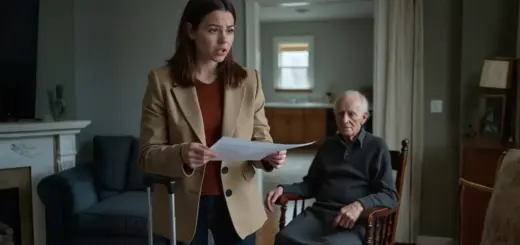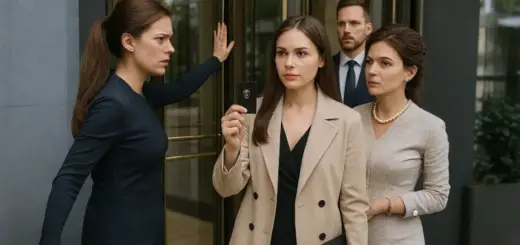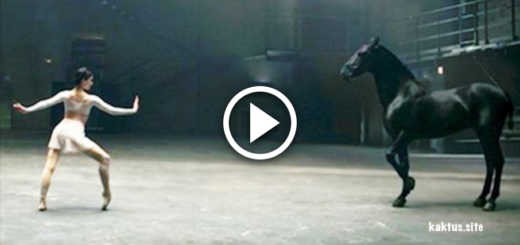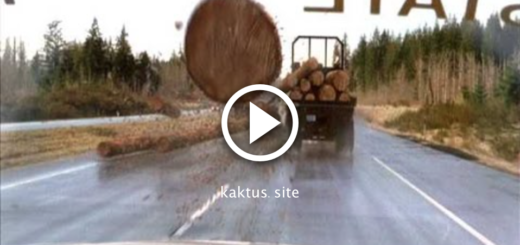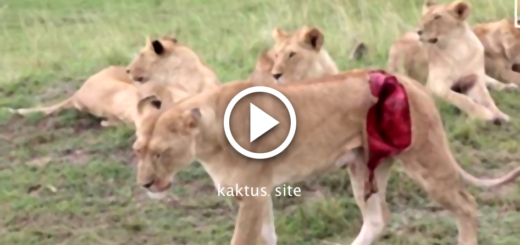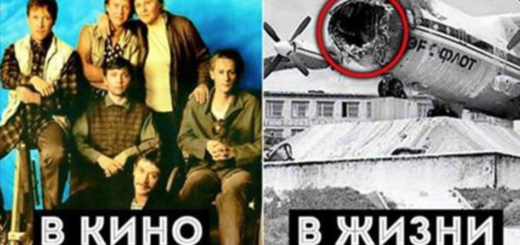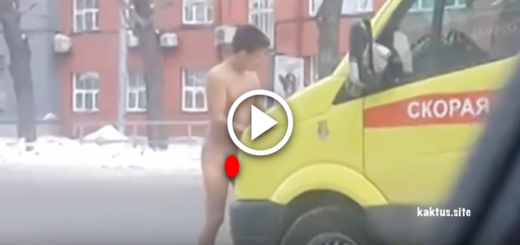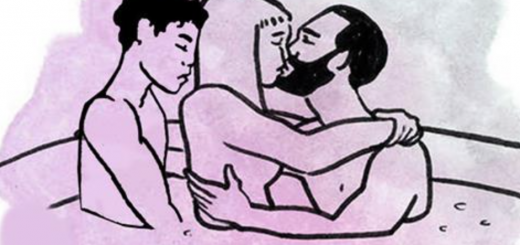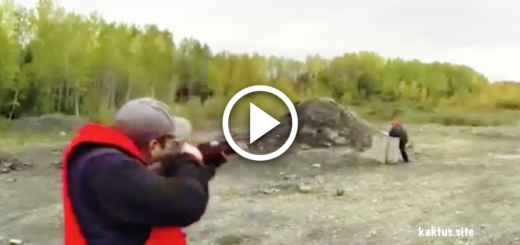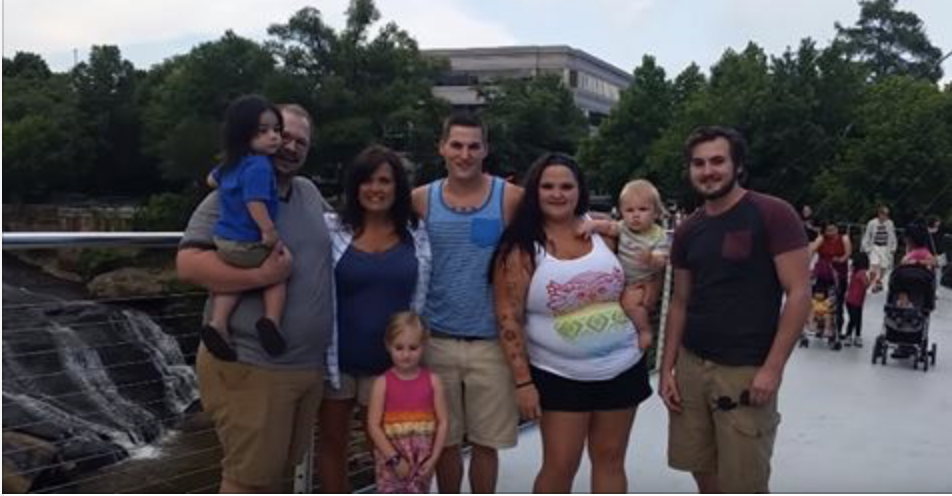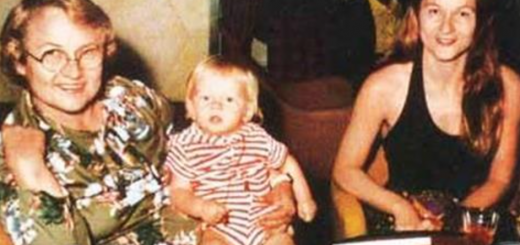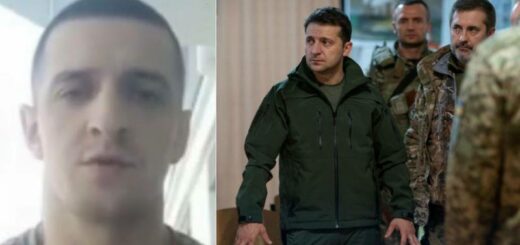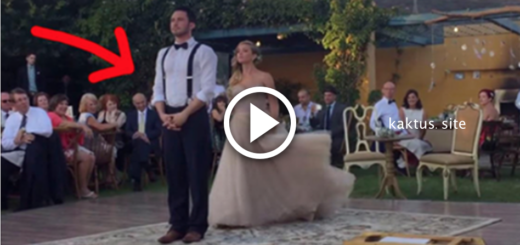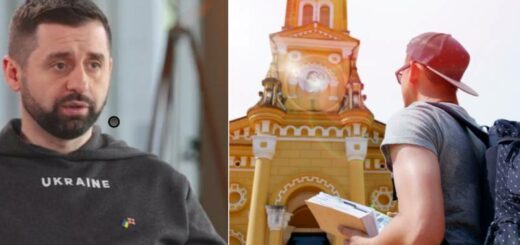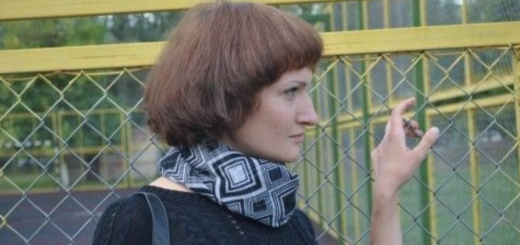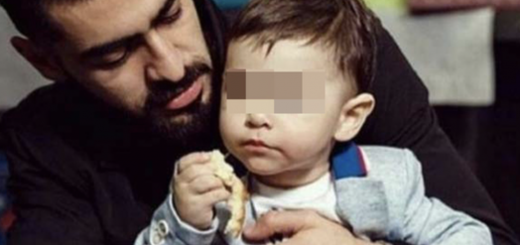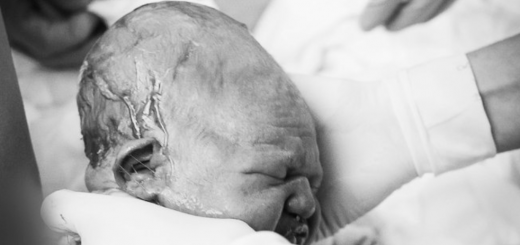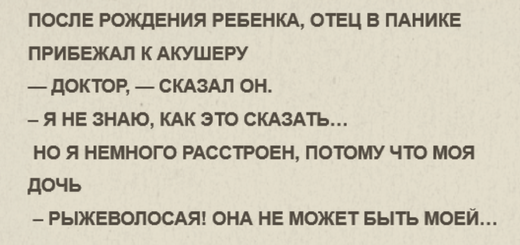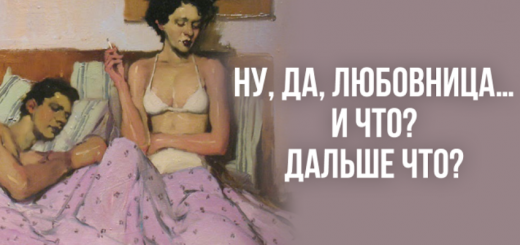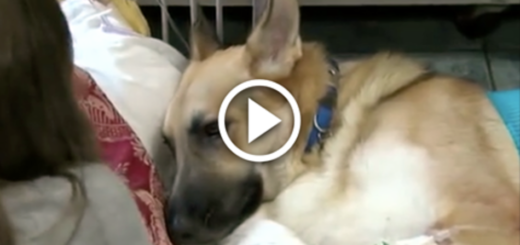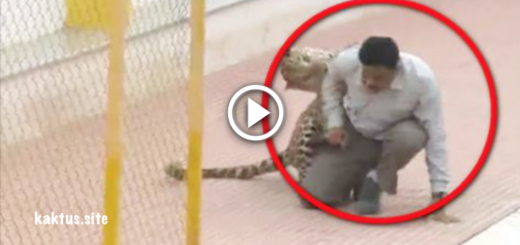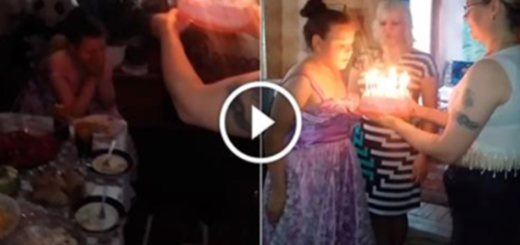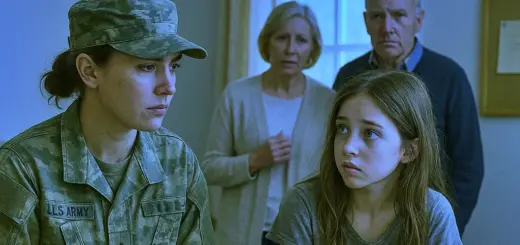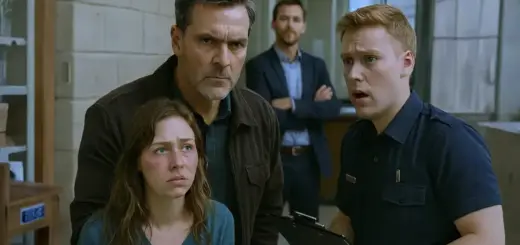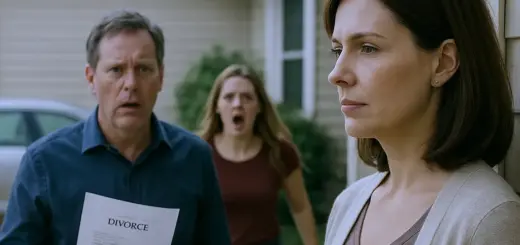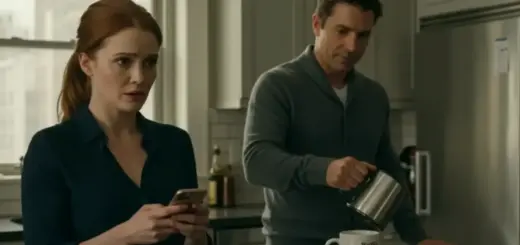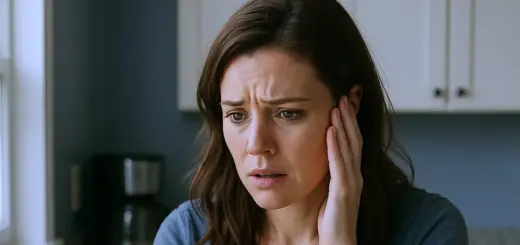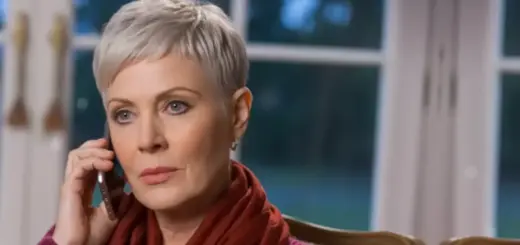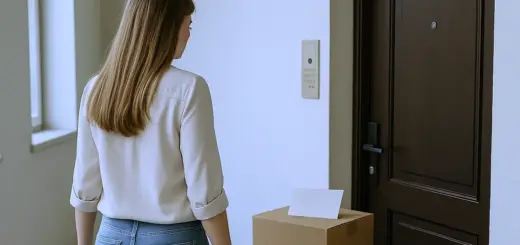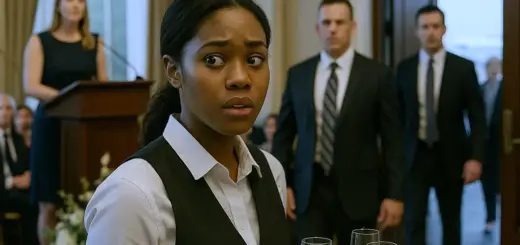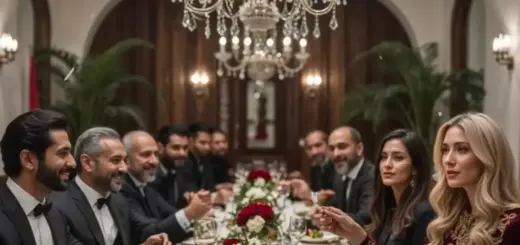Over the next weeks, the case unraveled Richard completely, thread by thread, until he was naked before the law. Neighbors came forward. One, Mrs. Delgado from 3B, remembered hearing screams and a thud that shook her ceiling. She thought it was the TV until she saw Emily limping to the bus stop the next morning, hoodie pulled low.
Another, a college kid from 2A, had footage on his Ring camera of Richard carrying a black toolbox at 12:03 a.m., glancing around like he knew where the blind spots were. The apartment super, Mr. Patel, found the missing kitchen knife in that same toolbox, hidden behind paint cans, wiped clean but with Emily’s blood in the groove.
Lab confirmed the DNA match within hours. The building’s laundry room camera caught Richard disposing of Emily’s torn hoodie sleeve in the dumpster at 12:17 a.m., the sleeve with her blood and his skin cells under the fingernails she’d scratched him with in self-defense.
The hoodie itself was recovered, bagged, tagged, and sent to evidence. Tommy Lang, Richard’s brother, even sent a letter from prison, forwarded by the DA, postmarked from Ironwood State.
«Tell Harlan I’m sorry. Little brother always had a temper. Thought he’d grown out of it after Juvie.»
«Didn’t know he’d go after a kid. If I’d been out, I’d have stopped him myself. Tell the girl she’s stronger than both of us.»
Richard took a plea. Seven years, no parole for five, plus a permanent restraining order that covered Emily, Lisa, and me by extension. Lisa filed for divorce the same week, served him in county lockup through a deputy who knew me from the old days.
She moved into the spare bedroom down the hall from Emily, said she couldn’t go back to that apartment even if it was exorcised by a dozen priests. Emily moved in with me permanently.
We turned the guest room into her space over a long weekend: string lights draped like constellations across the ceiling, a desk by the window overlooking the maple tree that dropped helicopter seeds every spring, and posters of bands she loved taped crookedly because she insisted on doing it herself.
She painted the walls a soft sage green, the color of new leaves, and hung a corkboard where she pinned debate trophies, college brochures, and a printout of the «Harlan Protocol» training flyer.
Some nights she woke screaming, thrashing against nightmares where Richard’s hands were around her throat. I’d sit on the floor beside her bed, back against the wall until her breathing evened out and the string lights painted soft galaxies on her face.
We developed a system: three knocks on the wall if she needed me, no questions asked. I’d knock back twice. «I’m here.»
One evening, four months after the arrest, we were eating pizza on the living room floor, boxes open like a picnic on the worn Persian rug Lisa had left behind. Grease stained the carpet. Neither of us cared.
Emily scrolled through her phone, then looked up, eyes bright despite the faint scar that now bisected her eyebrow. «Dad, remember Officer Carter?»
«He messaged me on the precinct’s community page. Said because of what happened, the department’s starting mandatory training on domestic calls citywide. They’re using our case—anonymous, but still.»
«They’re calling it the Harlan Protocol. It covers audio evidence, hallway cams, old fractures… everything.»
I raised an eyebrow, chewing pepperoni. «Kid, you just changed policy for four thousand officers.»
She smiled, the first real one in forever, the kind that reached her eyes and crinkled the corners. «We changed it. You believed me first.»
Lisa appeared in the doorway, holding a bowl of popcorn seasoned with the truffle salt she’d discovered on a work trip. «Movie night? I vote for that one with the talking raccoon.»
Emily groaned, dramatic. «Mom, we’ve seen it twice.»
«Twelve times.»
«Thirteen’s the charm, and I brought extra cheese.»
Outside, the first snow of the season began to fall, soft, quiet, covering the world in clean white. Emily opened the window a crack, letting cold air kiss our faces. Snowflakes melted on her eyelashes like tiny stars.
«Think we’ll be okay?» she asked, voice small but steady. The question she’d asked a hundred times since that night.
I pulled her close, Lisa piling in on the other side until we were a tangled heap of blankets and limbs and laughter. «Better than okay. We’re unbreakable now.»
And for the first time in years, I believed it.
But stories like ours don’t end tidily. They stretch, fray, reweave themselves into something stronger.
Six months later, Emily started therapy, twice a week with Dr. Singh, a trauma specialist who wore bright scarves and never rushed her. She’d come home quiet some days, sketching in a leather-bound notebook she wouldn’t let me see.
Other days, she’d bound through the door, announcing she’d aced a physics test, or that the school newspaper wanted her to write an op-ed on teen advocacy. She joined the debate team, wore her bruises like badges until they faded, then wore her voice like armor.
Her first tournament, she took second place arguing for mandatory mental health days in schools. The trophy sits on her desk, catching the string lights.
Lisa sold the apartment, used the money to pay for Emily’s college fund and a down payment on a little house two streets over. Yellow siding, wrap-around porch, a kitchen big enough for Sunday pancakes.
She and I learned to co-parent without the old bitterness. Scheduled dinners, shared Google calendars, the works.
Some nights she’d stay for coffee after dropping Emily off, and we’d talk about everything except Richard: her new job, the gigs, the way Emily’s laugh had returned, louder than before.
Carter, the young officer, showed up at our door one Saturday with a box of donuts and a sheepish grin that hadn’t changed. «Training’s rolling out city-wide,» he said, shifting from foot to foot.
«Wanted to say thanks in person. And my sister’s in a bad situation. Your daughter gave me the courage to help her leave. She’s safe now.»
Emily hugged him so hard his hat fell off, rolling across the porch like a tumbleweed. Lisa took a photo: Carter red-faced, Emily grinning, me pretending to scold them for making a mess.
A year after the arrest, Emily turned 18. We threw a party in the backyard: string lights woven through the maple branches, mismatched lawn chairs, and a playlist she curated herself with songs that made Lisa groan and me pretend to hate.
Half the debate team showed up, plus Lisa’s coworkers, even Ramirez from the precinct wearing jeans instead of her uniform. Carter brought his sister, Marissa, who clung to Emily like a lifeline, whispering «thanks» for the crisis hotline number Emily had texted her at 2:00 a.m. one night.
At dusk, Emily pulled me aside to the maple tree, its leaves just starting to turn. She held a small wooden box, sanded smooth. «Open it.»
Inside was a keychain, a tiny silver badge engraved with «Harlan Protocol» in tiny script on the back. «For the ones who believe us.»
«I had it made,» she said, eyes shining. «For you. For every kid who’s scared to speak.»
«For every officer who learns to listen.»
I clipped it to my keys that night. It’s still there, clinking against the truck key every morning.
Richard tried to appeal his sentence six months in, claiming new evidence. A witness who said Emily had a history of violence. The appeal died in committee.
Too much documentation, too many witnesses, too many cameras. The witness turned out to be a cellmate promised commissary money.
Last I heard, Richard was in protective custody after picking a fight with the wrong inmate over the TV remote.
Tommy Lang wrote again. «Karma’s slow but sure. Tell the kid she’s a warrior.»
Emily graduated high school top of her class, gave a speech about believing survivors that made the local news and went viral on the school district’s Facebook page. Colleges sent acceptance letters thick as phone books: Stanford, NYU, the State University.
She chose State, close enough to come home weekends, far enough to breathe on her own. Her essay? «The Night I Learned My Voice Was Evidence.»
The night before she left for freshman orientation, we sat on the porch swing again, fireflies blinking in the yard like tiny lanterns. She wore the hoodie she’d stolen from me, now patched at the elbows with constellation fabric she’d sewn herself.
«Dad,» she said, tracing the scar on her eyebrow. «Remember when you told me stories about your first beat?»
«How you thought you could fix everything with a badge and a flashlight?» I nodded, throat tight.
«I used to think justice was a gavel banging in a courtroom. Now I think it’s louder. It’s showing up at 3:00 a.m.»
«It’s listening when a kid says, ‘He hurt me,’ instead of, ‘She’s dramatic.’ It’s choosing to believe the girl with the bruise instead of the man with the smile.»
I swallowed hard. «You planning to fix the world, Em?»
She grinned, the same grin from when she was six and convinced she could catch fireflies in her pockets. «Starting with one dorm room at a time. Then maybe law school. Then maybe the DA’s office. Monica Alvarez said she’d write a recommendation.»
Move-in day was chaos: boxes stacked like Jenga, nervous parents wiping tears, RAs with clipboards and forced smiles. Lisa and I carried the mini-fridge up three flights while Emily directed traffic like a general, ponytail swinging.
When the last poster was hung, a print of Van Gogh’s «Starry Night» above her desk, she hugged us both, fierce and quick. «I’ll call every night,» she promised.
«You better,» Lisa said, voice cracking.
«Only if there’s drama,» I added, trying for levity.
She rolled her eyes. «Dad.»
That night, my house felt too quiet, the string lights in her room still glowing through the open door. I sat in her desk chair, spinning slowly, and found the notebook she’d hidden under the mattress.
It was leather-bound, pages thick with sketches: her bruises fading panel by panel, then transforming into wings, then into constellations, then into a girl standing on a porch swing with a keychain raised like a torch. On the last page, a single line in her neat, looping handwriting:
«We don’t break, we orbit, and we light the way.»
I closed the book, left it on her desk for when she came home, and taped a Post-it to the cover. «Proud doesn’t cover it.»


